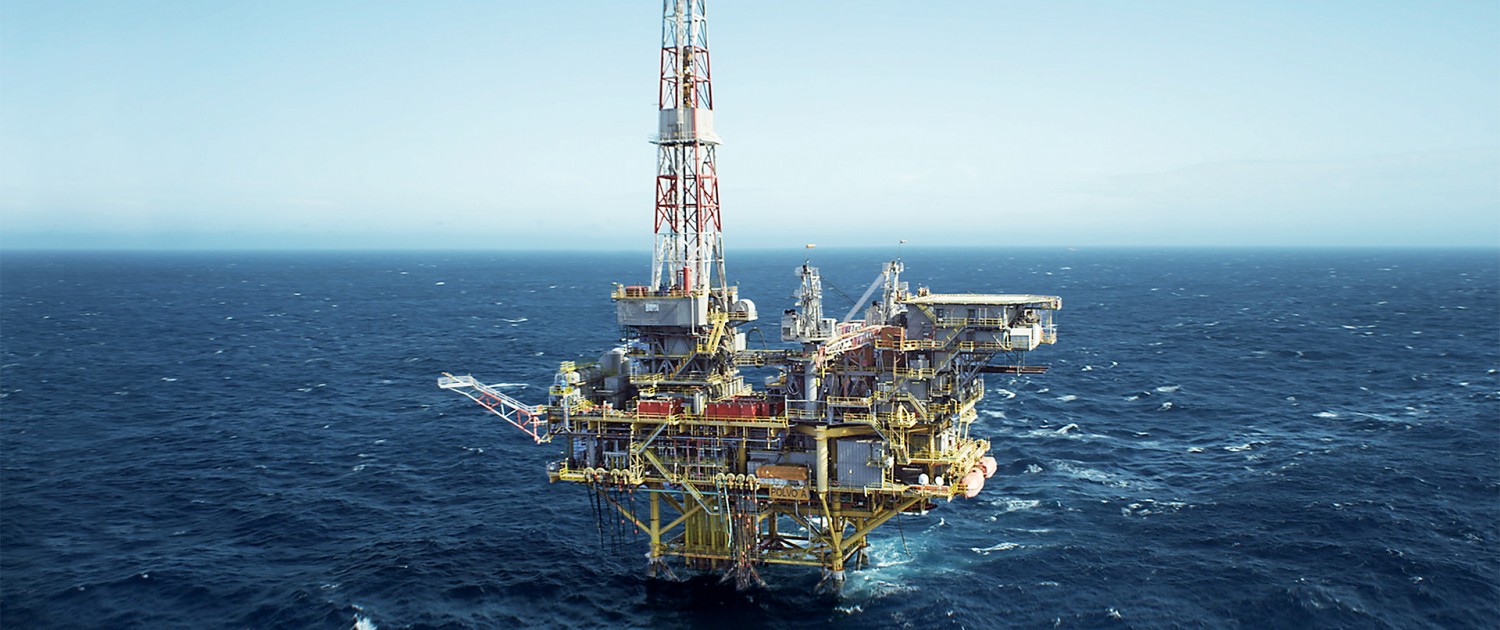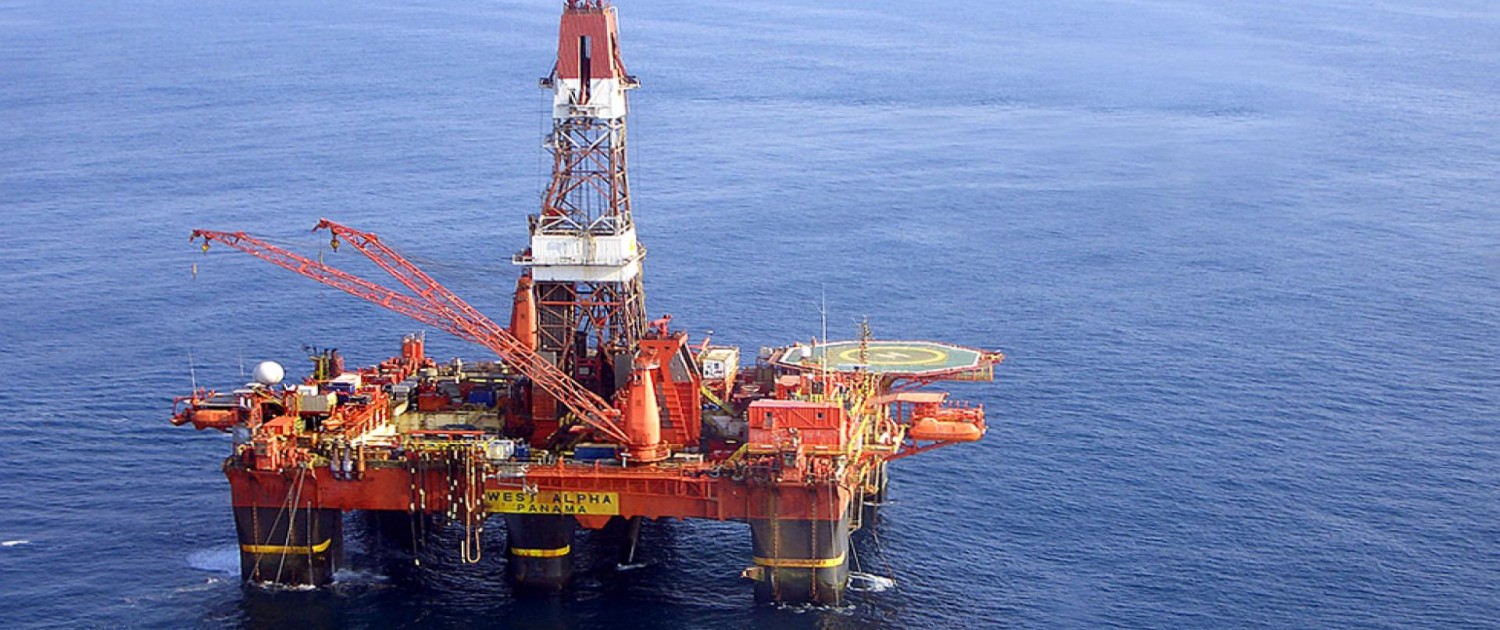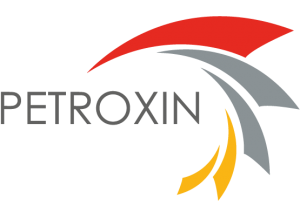Training
Petroxin offers training courses in nearly all areas of petroleum engineering for companies and universities worldwide. The courses (theoretical and/or practical) are held by petroleum engineering experts with strong academic basis and years of experience in oil and gas industry. Aside from the available courses advertised, Petroxin is also ready to hold many other petroleum engineering courses on demand.
For further information and arrangements, please contact training@petroxin.org.
At the moment, the following courses are available:

Course Title
Hydraulic Fracturing: Theory, Modelling & Simulation
Description:
This course focuses on applied aspects of well test data analysis that any reservoir or production engineer needs to know before performing transient pressure analysis. This course which is a bridge between theoretical academic concepts and practical well test analysis includes simple to complex case studies analyzed using our pressure transient analysis software, PePTA. A free license of PePTA will be given to the audiences as a supplement to course materials.
Course Outlines
Audiences
Prerequisites
Basic knowledge of reservoir engineering including rock and fluid properties is required.
Previous knowledge of reservoir simulation will be helpful for this course.
Materials
Duration
Location
Course Agenda
- Introduction to geomechanics , reservoir modelling and hydraulic fracture
- Reservoir modeller and simulator workflow highlights; natural fracture and/or high perm streaks roles for tight sand gas reservoirs

Course Title
Advanced Reservoir Modelling and Simulation Workflows
Description:
This course focuses on applied aspects of well test data analysis that any reservoir or production engineer needs to know before performing transient pressure analysis. This course which is a bridge between theoretical academic concepts and practical well test analysis includes simple to complex case studies analyzed using our pressure transient analysis software, PePTA. A free license of PePTA will be given to the audiences as a supplement to course materials.
Course Outlines
- Introduction to rock and fluid physics
- Reservoir model gridding highlights
- Reservoir simulation initialisation methodologies
- Incorporating VLP models
- Advanced workflows to assemble a realistic reservoir model
Audiences
Prerequisites
Basic knowledge of petroleum engineering, reservoir engineering, and geology is required.
Previous knowledge of reservoir modelling and simulation will be helpful for this applied course.
Materials
Duration
Location
Course Agenda
Introduction to rock and fluid physics
- Endpoint scaling
- Residual saturation modelling workflow
- Fluid modelling tips
Reservoir simulation initialisation methodologies
- Different simulator assumptions
- Comparing SWL vs SWATINIT vs Pc-curves methods
Incorporating VLP models
- Introduction to control modes of well modelling in simulators
- Elaborating common mistakes
Advanced workflows to assemble a realistic reservoir model
- Thinking language in reservoir modelling
- Writing Petrel macros
- Tuning the model (Petrel RE-Eclipse)
- Modification workflows for history matching

Course Title
Applied Well Test Analysis
Description:
This course focuses on applied aspects of well test data analysis that any reservoir or production engineer needs to know before performing transient pressure analysis. This course which is a bridge between theoretical academic concepts and practical well test analysis includes simple to complex case studies analyzed using our pressure transient analysis software, PePTA. A free license of PePTA will be given to the audiences as a supplement to course materials.
Course Outlines
- Introduction and Review
- Well testing operation and equipment
- Pressure transient analysis: modern methods vs. conventional methods
- Data quality assurance and control
- Straight-line analysis methods
- Diagnostic analysis: flow regime identification and parameter estimation
- Pressure derivatives for specific flow regimes
- Analytical models in well test analysis
- Well test analysis in homogeneous reservoir (case study)
- Well test analysis in dual-porosity reservoir (case study)
- Well test analysis in gas reservoir (case study)
- Factors complicating well test analysis
- Horizontal well test analysis
- Hydraulically fractured well test analysis
Audiences
Prerequisites
Materials
Duration
Location
Petroxin office in London, or in clients’ offices worldwide
Course Agenda
- Introduction: Objectives of well testing, types of tests, short history of well test analysis, dynamic flow analysis
- Reviewing the assumptions made in deriving diffusivity equation: Knowing the assumptions clarifies the scope of analytical well test models and limitations
- Well testing operation and equipment: Pressure gauges, wellhead, operation, the process of running the gauge, chokes
- Pressure transient analysis: Evolution of conventional and modern methods, from straight line to modelling
- Data quality assurance and control: Quality control, anomalies in the wellbore, use of primary pressure derivative
- Straight-line analysis methods: Semi-log plots, Horner plot, linear and bilinear plots, analysis using specialized plots
- Diagnostic analysis: Logarithmic plot of pressure drop and derivative, PPD, derivative smoothing, flow regime identification, parameter estimation using specialized lines and points
- Pressure derivatives for specific flow regimes: Radial, linear, bilinear and spherical flow derivatives
- Analytical models in well test analysis: Components of analytical models, wellbore storage, reservoir and boundary models
- Well test analysis in homogeneous reservoir: Real case to demonstrate analysis steps
- Well test analysis in dual-porosity reservoir: Real case to demonstrate calculation of properties of a naturally fractured reservoir
- Well test analysis in gas reservoir: Dry gas case study
- Factors complicating well test analysis: Wellbore anomalies, deviation from assumptions, non-vertical wells, changing reservoir properties
- Horizontal well test analysis: Flow regimes, methods of analysis
- Hydraulically fractured well test analysis: evaluation of fracturing jobs, calculation of fractures specifications
